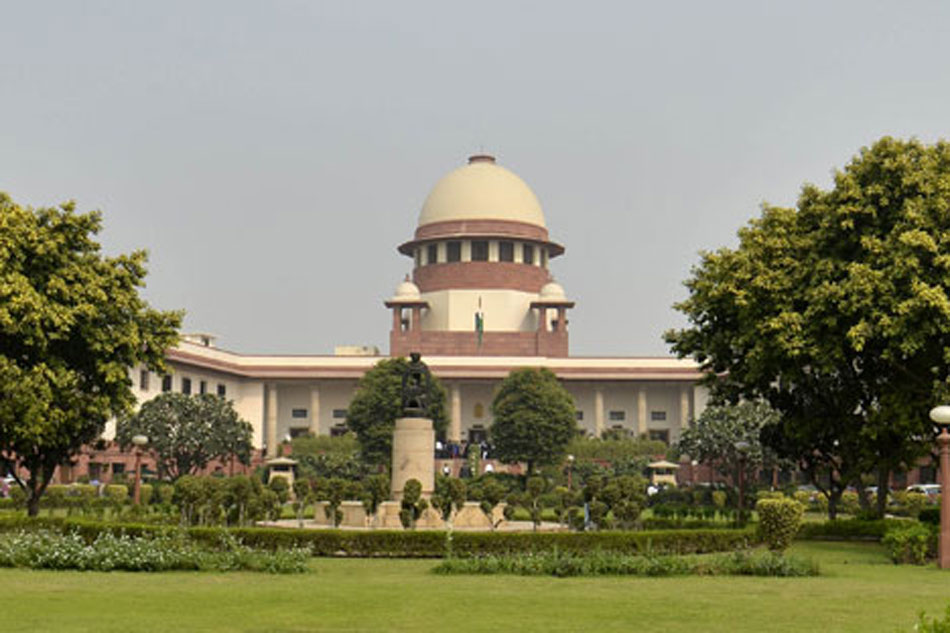The Supreme Court has awarded Rs 20 lakh as compensation to a former Gujarat district judge on the ground that he had been erroneously removed from service on unsubstantiated charges of corruption.
A bench of Justices Deepak Gupta and Aniruddha Bose said Yogesh M. Vyas couldn’t be reinstated since he had already reached the age of superannuation, but his “honour and dignity” could be restored.
Vyas had joined the judicial services in November 1981 and was a civil judge and first class judicial magistrate, Visnagar, between June 1992 and June 1994 when the allegations of corruption surfaced against him.
The judge had granted seven bail orders against the provision of law.
An inquiry concluded that while there was no direct evidence to show that the judge was guilty of corruption, he had exercised jurisdiction not vested in him by giving the accused bail in cases under the penal code’s Section 307 (attempt to murder).
Gujarat High Court then compulsorily retired him from service on the administrative side.
The high court, however, set aside his removal on the judicial side in 2010 but did not reinstate him on the ground that he had been out of a job for eight years and was already 53. The retirement age for a district judge is 60.
Vyas then moved the top court, which allowed his appeal.
“It appears that the high court was of the view that since the present appellant had already been out of a job for eight years and he was aged about 53 years, he should not be brought back in service after such a long time,” the bench said.
“We are not inclined to agree with this view of the high court. Once the high court held that the charges had not been proved against the appellant, who was a judicial officer, his honour and dignity required that he should be brought back into the service. We hold that the appellant has not committed any act unbecoming of a judicial officer.
“Unfortunately, we cannot do so because now he has already passed the age of superannuation. Therefore, the only issue is how should the relief be molded? Should he be granted the entire back-wages with interest or can one lump-sum amount be granted as compensation?
“We are of the considered view that since the appellant has not worked during all these years and this will lead to another round of litigation to decide what he was earning during this period, in lieu of awarding him back-wages, we direct that a lump-sum amount of Rs 20 lakh be paid to the appellant,” the bench said.










